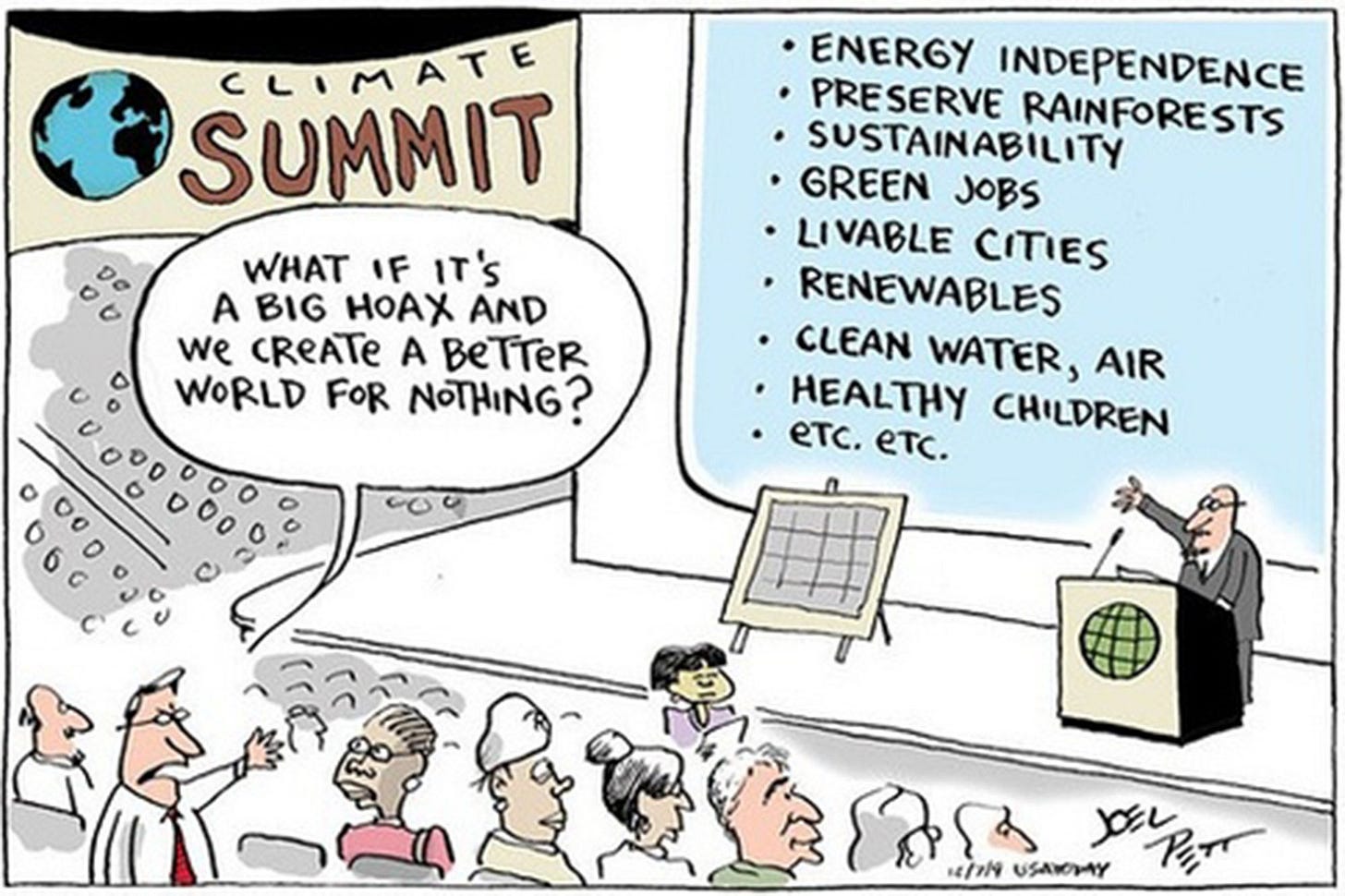In 1998, earthquake researchers identified increasing seismic pressures in the Caribbean region, and by 2008 had predicted a quake of 7.2 on the Richter scale.
By March 2009, Haitian seismologist Claude Prepetit presented a report to the Haitian government outlining the risk to Port-au-Prince and the shoddy construction that didn’t conform to seismic standards. Nine months later, on January 12, 2010, a 7.3 earthquake struck Haiti. It killed 316,000 people and left one million homeless. The non-human toll was $7.8 billion in economic losses.
Imagine the Haitian government, confronted with evidence of potential disaster and recognizing the staggering efforts, cost and hassle of responding effectively to mitigate the threat. With such a monumental task, made worse by all the other current priorities and distractions, how could it respond based on a potential future bad outcome?1 2
So, the government didn’t act on the information — and, to be fair, history will say there was no time to act in ways that would meaningfully protect life and property, given the starting place. But it was still a choice to do nothing.
It’s always a choice to do nothing.
For Haiti, it was a situation in which there was no prize for being right, but there was considerable down side for being wrong. History is filled with contrarian thinkers like Prepetit who challenged the status quo only to be proven right later — with no parades in celebration.
Consider the early, vivid warnings3 about asbestos, lead, financial derivatives, tobacco, political despots and terrorist plots that were suppressed, ignored or maligned only to be part of our history of regret and made worse by our hesitation to act sooner.
Anthropogenic climate status is particularly rich with bellwethers. By 1957, researcher Roger Revelle, rang alarms that rising atmospheric levels of C02 were a serious global climate risk. As of this writing, it’s 64 years later, Revelle was right and we chose to act marginally, certainly not substantively, toward addressing his concern.
You’ve all seen this cartoon (with thanks to Pulitzer Prize winning cartoonist Joel Pett).
We live at a time when we face a monumental task to fix a potential bad outcome.
Being right is difficult and it will mean serious change and likely real hurt. In acting on “being right,” I don’t see a downside, generally, to fixing the problems that minimize or remove the threat — other than it’s hard and anti-establishment — even if in fact we’ve overstated the crisis. Fires, floods, fires and more floods in the summer of 2021, 20 months into a morphing global pandemic — it’s doubtful we’ve overstated the threat and there is ample argument that the threat is not longer a promise but manifest.
We’ve built shoddy infrastructure, both social and physical, that is not up to climate-challenged standards and we have the vast majority of scientists warning of imminent disaster based on their data.
So instead of fixing the problem we argue about what’s right — which is really no argument at all.
I propose that we take the “winning” aspect out of the debate because whatever course we take will be difficult — enough that the people who push us toward a more climate-friendly system will face the wrath of those who do not want change, because it’s painful.
Who goes willing into a situation that might turn out badly? Soldiers, fighting and willing to die for a point of view, whether that cause is right or wrong. Zealots, martyrs, visionaries. They are almost never described as right.
In this case, it can be quite harsh to be right when the status quo is so enamored of its own entitlements, right or wrong.
So, maybe we’ll just be dedicated and steadfast and leave the right part to future generations who can judge for themselves what hindsight tells them. If we’re right, they’ll get a chance to do just that.
Six years later recap January 2016 https://phys.org/news/2016-01-years-devastating-haiti-quake-high.html
Officials ignored Haiti earthquake warnings, January 2010
10 Early Warnings the World Ignored, October 2013





There is one social institution that does get a prize for being right about the future: our pensions and endowment as public trusts for social purposes.
They have an intergenerational duty to be good stewards for this generation and the next, both equally.
Getting it right means they are doing their job, and being good stewards.